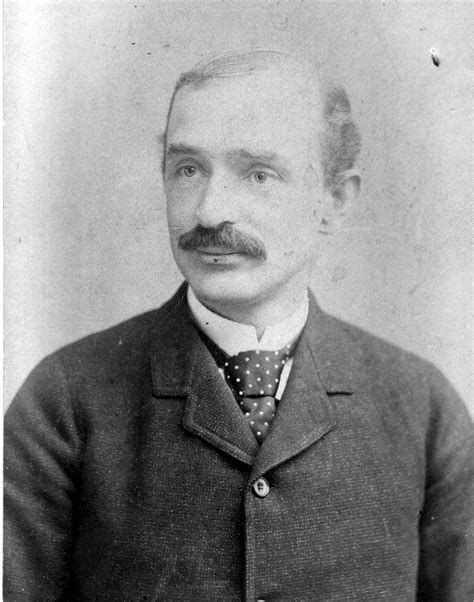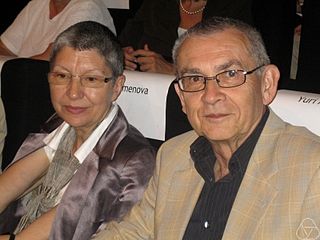A Quote by Henry Reed
It was Jung who first said to explain the symbol as if talking to a man from mars who knew nothing about our life on earth.
Related Quotes
Jung said there are four archetypes adults go through, and these archetypes are reflected in the development of my work. The first archetype is the archetype of the athlete, reflecting the time in our adult life when our primary emphasis is on our body - what it looks like, how beautiful it is, how strong it is, and so on. We identify ourselves with our body. We are our body. Growing adults next move to what Jung called the archetype of the warrior. We take our physical bodies out there to do what warriors do.
That was our first time together. Interesting, an interesting experience, but not earth-shaking. But then, I never expected it to be earth-shaking, not with him. What I was determined to avoid was emotional entanglement. A passing fling was one thing, an affair of the heart quite another. Of myself I was fairly sure. I was not about to lose my heart to a man about whom I knew next to nothing.
Jung first gave us the term ‘shadow’ to refer to those parts of our personality that have been rejected out of fear, ignorance, shame, or lack of love. His basic notion of the shadow was simple: ‘the shadow is the person you would rather not be.’ He believed that integrating the shadow would have a profound impact, enabling us to rediscover a deeper source of our own spiritual life. ‘To do this,’ Jung said, ‘we are obliged to struggle with evil, confront the shadow, to integrate the devil. There is no other choice.’
He thought about science, about faith, about man. he thought about how every culture, in every country, in every time, had always shared one thing. We all had the Creator. We used different names, different faces, and different prayers, but God was the universal constant for man. God was the symbol we all shared...the symbol of all the mysteries of life that we could not understand. The ancients had praised God as a symbol of our limitless human potential, but that ancient symbol had been lost over time. Until now.
The first men who set out for Mars had better make sure they leave everything at home in apple-pie order. They won't get back to earth for more than two and a half years. The difficulties of a trip to mars are formidable. . . . What curious information will these first explorers carry back from Mars? Nobody knows-and its extremely doubtful that anyone now living will ever know. All that can be said with certainty today is this: the trip will be made, and will be made . . . someday.
Heaven does nothing: its non-doing is its serenity. Earth does nothing: its non-doing is its rest. From the union of these two non-doings All actions proceed. All things are made. How vast, how invisible This coming-to-be! All things come from nowhere! How vast, how invisible No way to explain it! All beings in their perfection Are born of non-doing. Hence it is said: Heaven and earth do nothing Yet there is nothing they do not do. Where is the man who can attain To this non-doing?






























